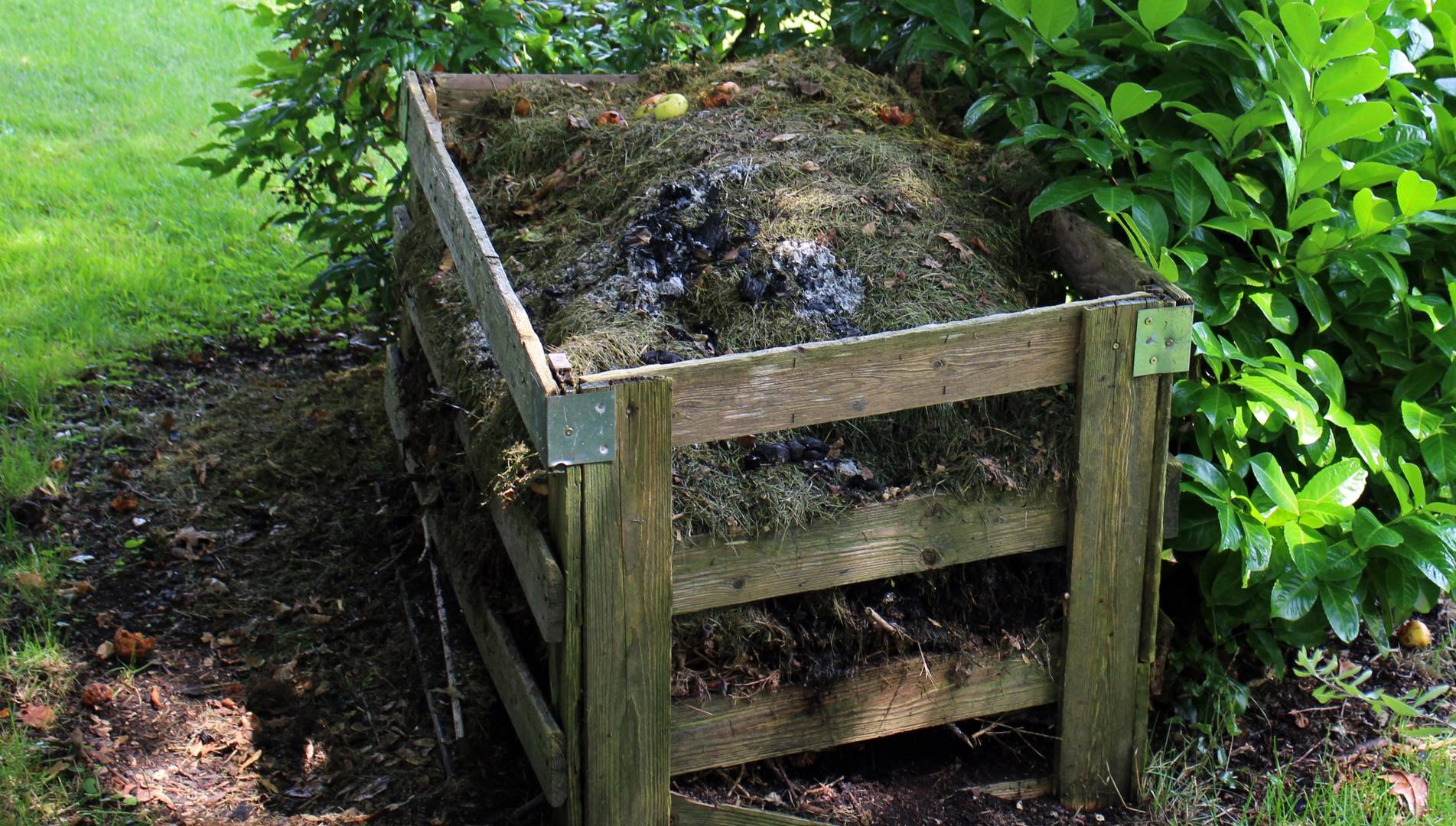
The Church of England is considering supporting “greener methods of disposing of dead bodies”, including aquamation (ie decomposition in water) and composting, The Guardian writes on February 6.
Internal consultations will address theological, practical and pastoral issues related to alternative methods of disposing of bodies other than cremation and burial, which are used in some countries.
The issue has been raised at the Church of England’s governing body, the General Synod, which meets this week in London.
A little over a year ago, Desmond Tutu, the Archbishop of Cape Town and an anti-apartheid activist, demanded that her body be submerged.
This process, also known as alkaline hydrolysis, resomation, or water cremation, involves immersing the body for three to four hours in a mixture of water and a strong alkali such as potassium hydroxide in a pressurized metal cylinder and heating it to about 150 °C The process liquefies everything except the bones, which are then dried in an oven and reduced to a white powder, placed in an urn, and returned to relatives.
Human composting, also known as terracing, is the natural organic conversion of human remains into soil. The body is placed in the chamber after removing inorganic materials, such as metal fillings, pacemakers, and artificial joints.
Hot air and organic materials like wood chips, alfalfa, and straw speed up the decomposition process. In about 30 days, the body, including the bones and teeth, decompose in the soil, forming about a cubic meter of compost.
The Rev. Canon Andrew Dotchin, who raised the issue at the Synod, said Tutu’s choice of coinage was “a challenge to other Christians to be more careful what they do with his remains”.
Water cremation is not against UK law, but water companies have refused to allow it after concerns were raised about fluid leaking from machines into the sewer system.
However, tests carried out by Yorkshire Water on water samples from five UK aquamations in April 2019 found that there was no basis for such concerns and no DNA was found in the samples. Yorkshire Water has since agreed to offload cremation water to Leeds-based Resomation Ltd.
Howard Pickard, managing director of the company, said that “The public wants more environmentally friendly methods of disposal from the body, and this certainly fills this need”. Aquamation was a “simple process” that allowed the body “go through the natural process of disintegration into its component parts”he said in an interview with Funeral Director Monthly.
Aquamation is legal in at least 20 US states. Human composting is legal in Washington DC, Oregon, Colorado, and Vermont.
In the UK around three quarters of bodies are currently cremated and the rest are buried. Cremation releases 400 kg of CO2 per body into the atmosphere. Burial is becoming rarer and more expensive in populated areas.
Cremation was legalized in Britain in 1902. In 1944, Dr. William Temple, Archbishop of Canterbury, was cremated, showing church members that the practice was now acceptable. In 1963, the Pope lifted the ban on cremation for Catholics.
Dotchin said Church of England members may have some reservations about human accretion or composting, but added: “The concerns will be those who have concerns about any form of disposition other than burial.”
Source: Rossa Primavera
I am Michael Melvin, an experienced news writer with a passion for uncovering stories and bringing them to the public. I have been working in the news industry for over five years now, and my work has been published on multiple websites. As an author at 24 News Reporters, I cover world section of current events stories that are both informative and captivating to read.
